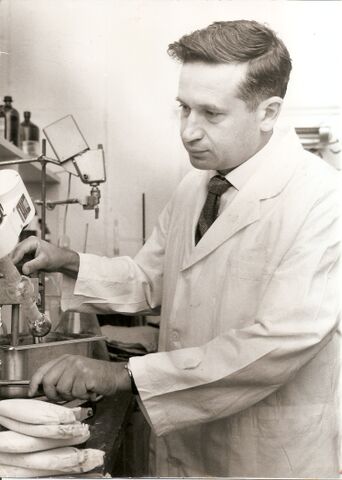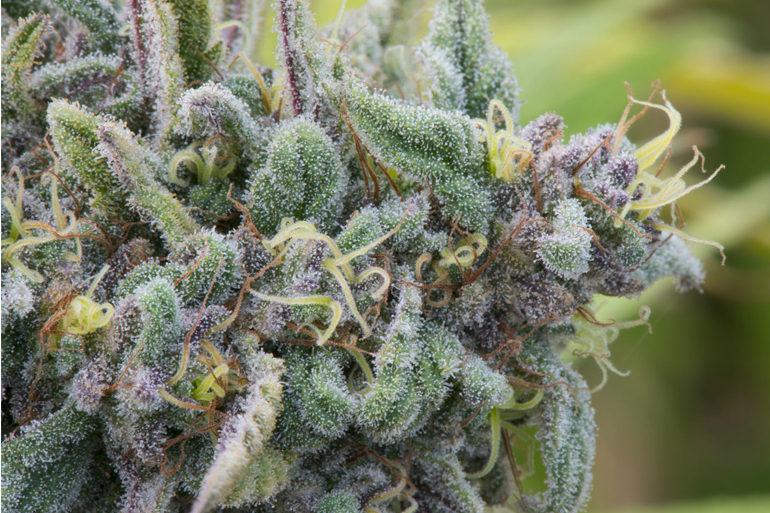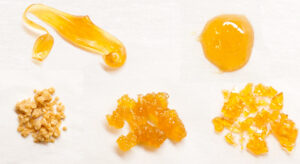Like drinking fine wine, consuming cannabis can be a feast for the senses. The richness, nuance and beneficial effects of the cannabis experience, however, clearly extend beyond the realm of flavor. The specific combination of hundreds of cannabinoids, terpenes and other compounds, unique to each cannabis strain, will determine the truly distinct ways it interacts with the mind and body, through what is known as the “entourage effect.”
For more awesome news and recipes, check out The Weed Blog
The term entourage effect first appeared in a 1998 study by a team of Israeli scientists led by Prof. Raphael Mechoulam, the famous “grandfather of cannabis research.” Based at the Hebrew University in Jerusalem, Prof. Mechoulam was the first to isolate the two principal cannabinoids, THC and CBD, that are found in the cannabis plant. He also contributed to the discovery of the endocannabinoid system and its role in modulating a wide variety of health and disease conditions.

In their pioneering entourage study, Mechoulam and his colleagues found that in mice, certain therapeutic effects brought on by endogenous cannabinoids (those naturally produced in the body by the endocannabinoid system) were enhanced by the presence of a specific type of compound which did not themselves bind to the body’s cannabinoid receptors. The takeaway from this landmark study is that cannabinoids, whether naturally produced by the endocannabinoid system or consumed through cannabis, can generate a more pronounced effect when certain compounds, including terpenes, are also present.
While the terpene profile of a cannabis strain may not currently figure prominently in the classification of cannabis-based medicines, that may change as researchers continue to study the role of these potent compounds. In fact, scientists, including Prof. Mechoulam and others, have already observed that the presence or absence of even a single terpene can determine if a strain of cannabis will achieve the desired effect.

In a field seriously lacking in evidence-based science, Dr. Dedi Meiri, a plant biochemist at the Technion-Israel Institute of Technology, is producing much-needed new data and insights on cannabis and the entourage effect. Using state-of-the-art mass spectrometry techniques, his Laboratory for Cancer Biology and Cannabinoid Research is accurately mapping the distinct chemical profiles of dozens of different cannabis strains that are being administered to patients in Israel. They then cross-reference their findings with the treatment outcomes reported by patients. The cannabis strain database created in his lab is helping Dr. Meiri and his team develop suitable, safe and effective cannabis treatments for specific patients and conditions.
As Dr. Meiri explained at the recent CannaTech conference, when producing a cannabis-based medicine, simply replicating the ratio of THC to CBD of a particular strain, without taking into account its terpene profile, may not result in the same effect. For patients, including children with severe autism, disregarding the entourage effect has been shown to have serious consequences.




